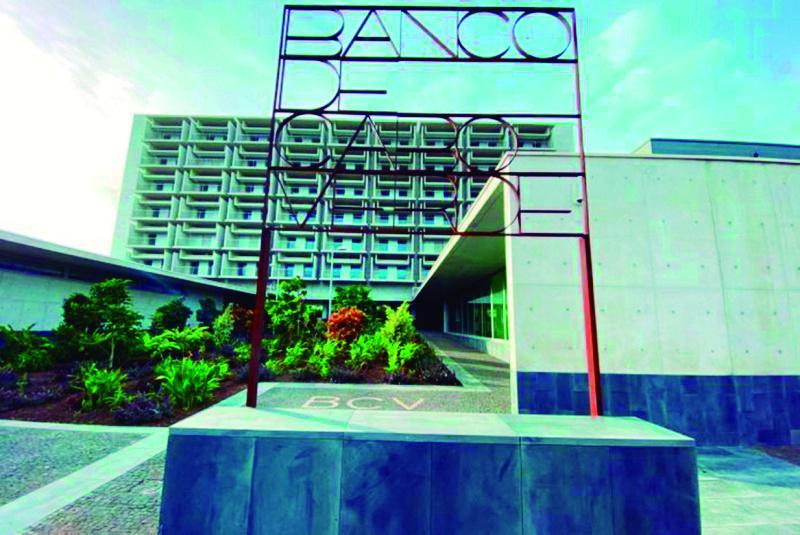Africa-Press – Cape verde. The main interest rates will rise from January. An increase of 50 basis points, to maintain rapprochement with the Eurozone and try to prevent the outflow of foreign currency, says the Bank of Cape Verde in a statement.
In figures, the reference rate (TRM) will rise from 1.75% to 2.25%: the rate on the Permanent Liquidity Provision Facilities (FPL) will rise from 2% to 2.5%; the rate on the Permanent Liquidity Absorption Facilities (FPA) will increase from 1.2% to 1.7%; and the rediscount rate will rise from 2.75% to 3.25%.
The Minimum Cash Reserves (DMC) ratio will remain at 10%.
This increase, recommended by the Monetary Policy Committee, reflects, says the statement, a detailed assessment of recent macroeconomic developments, both in the domestic and external context. “The decision to increase interest rates was taken after analysing the country’s economic situation, which is dependent on imports, taking into account the need to ensure the stability of the fixed peg to the euro, particularly in a context of liberalisation of exchange rate operations and economic and financial transactions with foreign countries”, it reads.
Monetary policy decisions taken by central banks aim to influence the cost and availability of currency in an economy. The most important decision is usually related to key interest rates. Changes in these rates affect the interest rates that commercial banks charge customers when they grant them loans, thus influencing private consumption and business investment. The aim of monetary policy is to keep prices stable.
According to a statement from the Central Bank, published on its website on the 19th, the country is facing challenges in its external accounts, as the financial balance has seen a reduction in net financing inflows, reflecting the fall in foreign direct investment and the increase in banks’ net external assets.
Although the current account showed a surplus, explains the BCV, net inflows of funds were insufficient to cover financing needs, resulting in the loss of reserve assets. The stock of net international reserves now guarantees 5.6 months of imports of goods and services for 2024.
The new rate structure will come into effect from 2 January 2025.
European Central Bank cuts rates
On the 12th, the European Central Bank (ECB) lowered its reference interest rate by 25 basis points (to 3%), the third cut of the year, in a context of moderating inflation and a slowdown in economic activity.
Two years ago, the ECB raised interest rates because inflation was too high. The situation has since improved. Although some prices continue to rise significantly, especially in the services sector, inflation, in general, has fallen significantly.
At the end of the meeting, held in Frankfurt, the central bank also presented new forecasts for the eurozone economy, which point to lower inflation rates and smaller changes in gross domestic product (GDP). ECB officials now estimate that inflation will fall from 2.4% in 2024 to 2.1% in 2025, compared to 2.5% this year and 2.2% next year in September. The expectation continues to be that inflation will be slightly below the 2% target in 2026.
As far as economic growth is concerned, the central bank is more pessimistic. It predicts that the eurozone economy will grow by 0.7% this year and 1.1% next year, compared to 0.8% and 1.3% in GDP in 2024 and 2025 in September, respectively.
BCV meets again in February
In November, the BCV had already decided to increase the rate by 25 basis points, despite inflationary pressures continuing to fall. The average and year-on-year inflation rates in September both fell to 1%, compared to 1.4% and 1.9% in June, respectively. This reduction continues to reflect the fall in the prices of energy products and food products on the international market.
In its latest statement, the BCV says that given the uncertainties surrounding the national and international economic and financial outlook, “it will continue to closely and continuously monitor the evolution of reference indicators, with an emphasis on foreign exchange reserves”.
The next meeting of the Monetary Policy Committee is scheduled for 25 February 2025.
For More News And Analysis About Cape verde Follow Africa-Press






